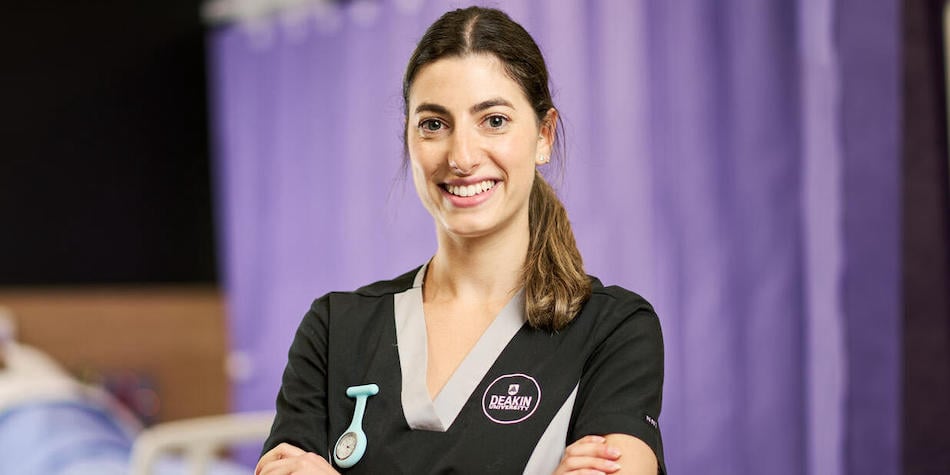Paediatric nursing covers the care of children from birth to early adulthood and includes a huge range of sub-specialties. ‘There’s the neonatology department, which cares for babies from birth to 28 days of age, and we also have all of the usual specialties found in adult hospitals like general surgery, orthopaedics, neuroscience and burns trauma,’ says Dr Thornton, who specialises in paediatrics.
She says care is family-centred rather than person-centred, with a focus on treating the child in the context of their family.
It also demands particularly adept assessment skills, Dr Thornton explains. ‘Pre-verbal children can’t tell us in the same way that an adult would what hurts or what their symptoms are like or what they’re feeling, so being able to tune into really subtle clues about what might be going on for the child is really important.’
Plus, she says, being in a healthcare setting can be anxiety-provoking for children, so paediatric nurses need to be friendly and creative.


